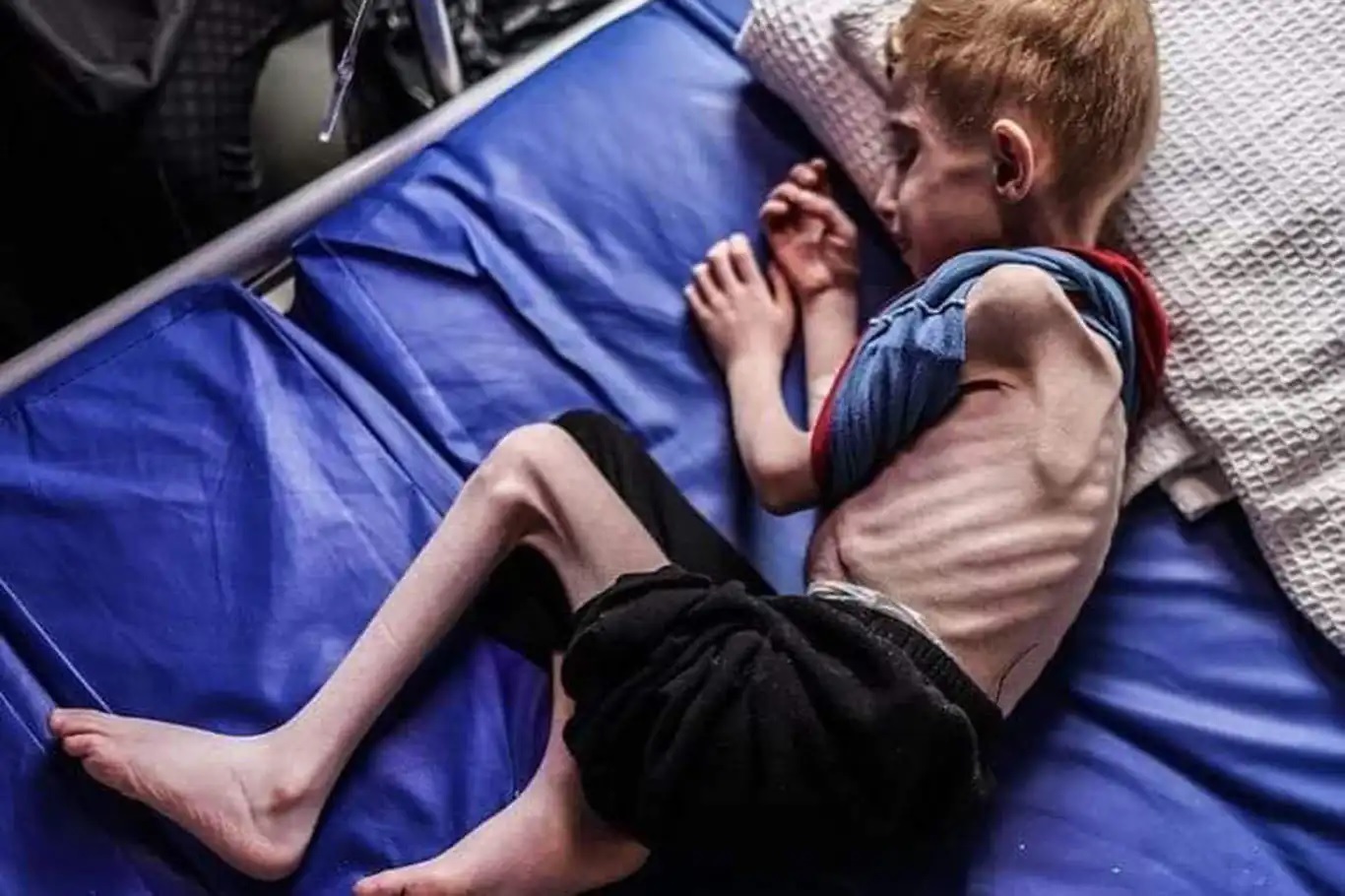Ahlulbayt News Agency: The head of the Government Media Office (GMO) in the Gaza Strip, Salama Marouf, has warned that the Israeli occupation army’s persistence in not allowing aid convoys to enter the Gaza Strip through the border crossings of Rafah and Karam Abu Salem would deepen the humanitarian crisis and tighten the siege on the war-torn coastal enclave.
Marouf added, in a statement on Sunday, that the Israeli closure of these crossings would make the people in Gaza City and northern Gaza face another round of severe famine soon and deepen food insecurity in the central and southern areas of the Strip, especially after tens of thousands of citizens were displaced from Rafah as a result of the ongoing Israeli ground operation and military attacks.
Marouf pointed out that the relief efforts provided to the people of the Gaza Strip do not meet their minimum needs in the midst of the worsening humanitarian catastrophe resulting from the Israeli war of genocide and starvation.
Marouf explained that the humanitarian aid that had entered the Strip through the sea pier since the beginning of its work did not exceed 100 truckloads, adding that 214 trucks entered Gaza City and northern Gaza last week from the west of Beit Lahia, including 109 trucks carrying flour for bakeries and citizens and six other trucks carrying medicines.
The GMO head reiterated the need for the Israeli military withdrawal from the Rafah crossing, stressing that land crossings are “the most feasible and effective pathways for bringing aid into the Gaza Strip in order to address the food shortage crisis and prevent the looming famine threatening the entire Strip.”
He called for pressuring the Israeli occupation authority to allow in aid trucks by land, especially through the well-known crossings of Rafah and Karam Abu Salem and revive the other border crossings of al-Mintar, al-Shuja’iya, and Beit Hanoun.
/129
Marouf added, in a statement on Sunday, that the Israeli closure of these crossings would make the people in Gaza City and northern Gaza face another round of severe famine soon and deepen food insecurity in the central and southern areas of the Strip, especially after tens of thousands of citizens were displaced from Rafah as a result of the ongoing Israeli ground operation and military attacks.
Marouf pointed out that the relief efforts provided to the people of the Gaza Strip do not meet their minimum needs in the midst of the worsening humanitarian catastrophe resulting from the Israeli war of genocide and starvation.
Marouf explained that the humanitarian aid that had entered the Strip through the sea pier since the beginning of its work did not exceed 100 truckloads, adding that 214 trucks entered Gaza City and northern Gaza last week from the west of Beit Lahia, including 109 trucks carrying flour for bakeries and citizens and six other trucks carrying medicines.
The GMO head reiterated the need for the Israeli military withdrawal from the Rafah crossing, stressing that land crossings are “the most feasible and effective pathways for bringing aid into the Gaza Strip in order to address the food shortage crisis and prevent the looming famine threatening the entire Strip.”
He called for pressuring the Israeli occupation authority to allow in aid trucks by land, especially through the well-known crossings of Rafah and Karam Abu Salem and revive the other border crossings of al-Mintar, al-Shuja’iya, and Beit Hanoun.
/129

